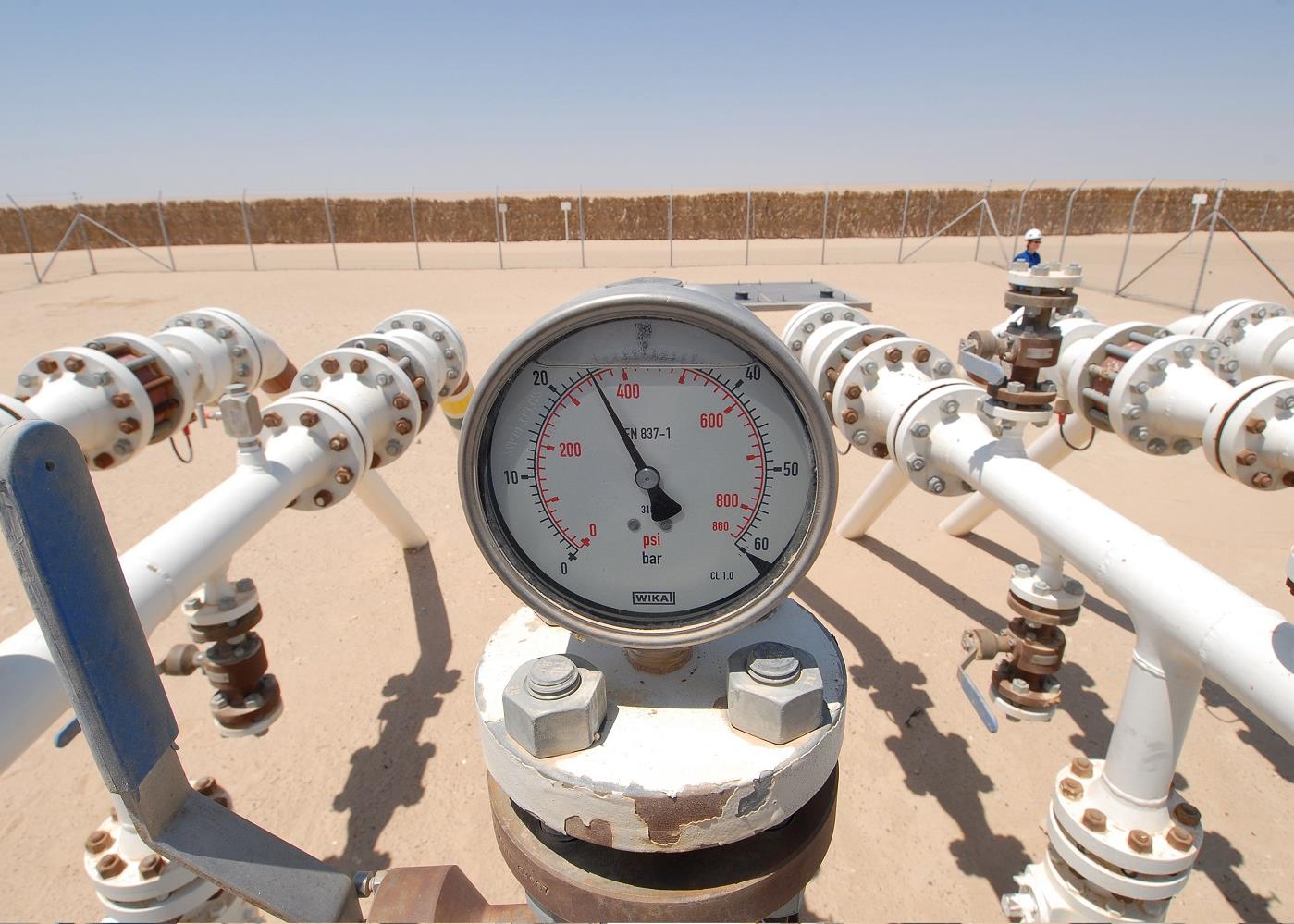
Chief executive officer Rumaih al-Rumaih says Saudi Railway Company has proved sceptics wrong in completing the kingdom’s North-South minerals railway
For Saudi Railway Company (SAR), 2011 has been a year of landmark achievement, with the completion of the kingdom’s first freight line, the North-South minerals railway.
The 1,400-kilometre industrial line has been built to transport raw materials from phosphate and bauxite mines in the north of the country at Al-Jalamid and Al-Zabirah to Ras al-Khair, an industrial zone and port on the east coast. The railway is currently under trial operation and can carry about 10,000 tonnes of freight in 104 wagons. SAR is working with the local mining company to perfect the railway’s operations.
“The loading and movement is something that we are not used to doing for phosphates,” says Rumaih al-Rumaih, chief executive officer of SAR. “We are working to perfect this to make sure we can do one long train every day.” Al-Rumaih defines a long train as having more than 100 wagons, making the train about 1.8-2 kilometres long.
Strategic railway in Saudi Arabia
The minerals railway is of huge strategic importance for the kingdom and its industrialisation plans. “It isn’t possible to transport these quantities over that long a distance by road,” says Al-Rumaih. “The impact of this project is the diversification of the economy in Saudi Arabia.” .
The project itself is vast. The North-South line will also run from Riyadh to Al-Haditha on the Jordanian border. From there, the railway will be able to access mines in Jordan. While extending the line into Jordan is still part of the plan, with the railway alignment already in place, it is now up to the Jordanian authorities to construct their part of the project.
For Al-Rumaih, the expansion of rail across the kingdom and the wider region is a must. “It is a harsh environment and there were people who were sceptical that it could be done,” says Al-Rumaih. “Now, we are proving that the railway is feasible.” The capacity that SAR is now targeting is much more than the 5 million-10 million tonnes a year initially envisaged, but it will require time to build up the volumes. The firm is in talks with other major companies that could use the railway.
“We are speaking to Saudi Aramco, Sabic [and] cement companies,” says Al-Rumaih. “Soon, we should finalise the agreement with [the US’] Dow Chemical Company and a company called Sadara [which is] a joint venture between Dow and Aramco.”
Later on, the railway will also be used to transport passengers. SAR expects to award the construction contract for the six passenger stations for the North-South Minerals line in late October or early November. The stations will be built at Al-Haditha, Al-Jouf, Hail, Qassim, Al-Majmaj and Riyadh. The construction of each station includes the building of a mosque. The contract also covers the construction of a new headquarters for SAR in Riyadh.
The building of the stations is expected to take two years to complete; passenger operations will start in about 2014. The passenger service will also be available between Riyadh and the Jordanian border.
Saudisation success
“We are very excited to have our young engineers develop and take charge of this project,” says Al-Rumaih. “Our Saudisation rate is 80 per cent in SAR. That element is very pleasing for me being the person responsible for this company, to see local people being invested in, trained and being given charge of jobs. It makes you feel good. This is a real contribution.”
“Railways are not just about construction and manufacturing and the locomotives and the wagons,” says Al-Rumaih. “It is about the people that can run this project. It is very important to achieve this.”
Separately, SAR will also oversee the Ras al-Khair to Dammam railway project, which is part of the Saudi Landbridge project. The line will be constructed in three parts, including the Ras al-Khair to Jubail and the Jubail to Dammam sections, as well as an internal rail network for Jubail itself.
The US’ Bechtel is currently working with the Royal Commission for Jubail & Yanbu to develop the front-end engineering and design for the Jubail railway. While Bechtel is not part of the Ras al-Khair supervision, there is a possibility they could be more involved in the project later on.
For now though, the focus is very much on the start of operations of the North-South minerals railway. “This project is a legacy,” says Al-Rumaih. “Being a part of it makes you feel somehow that you are part of history.”
You might also like...

Algeria signs oil deal with Swedish company
19 April 2024

Masdar and Etihad plan pumped hydro project
19 April 2024

Ewec signs Ajban solar PV contract
19 April 2024

Contractor orders compressors for onshore project
18 April 2024
A MEED Subscription...
Subscribe or upgrade your current MEED.com package to support your strategic planning with the MENA region’s best source of business information. Proceed to our online shop below to find out more about the features in each package.








